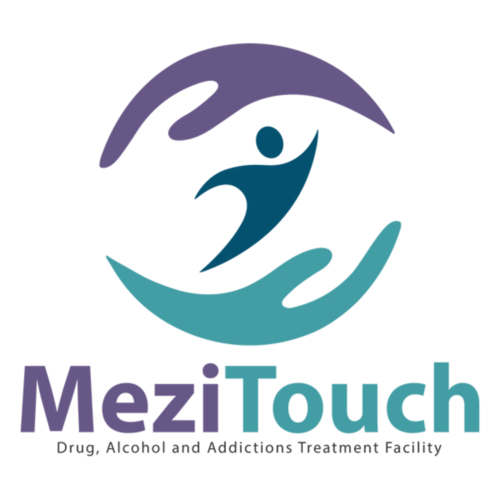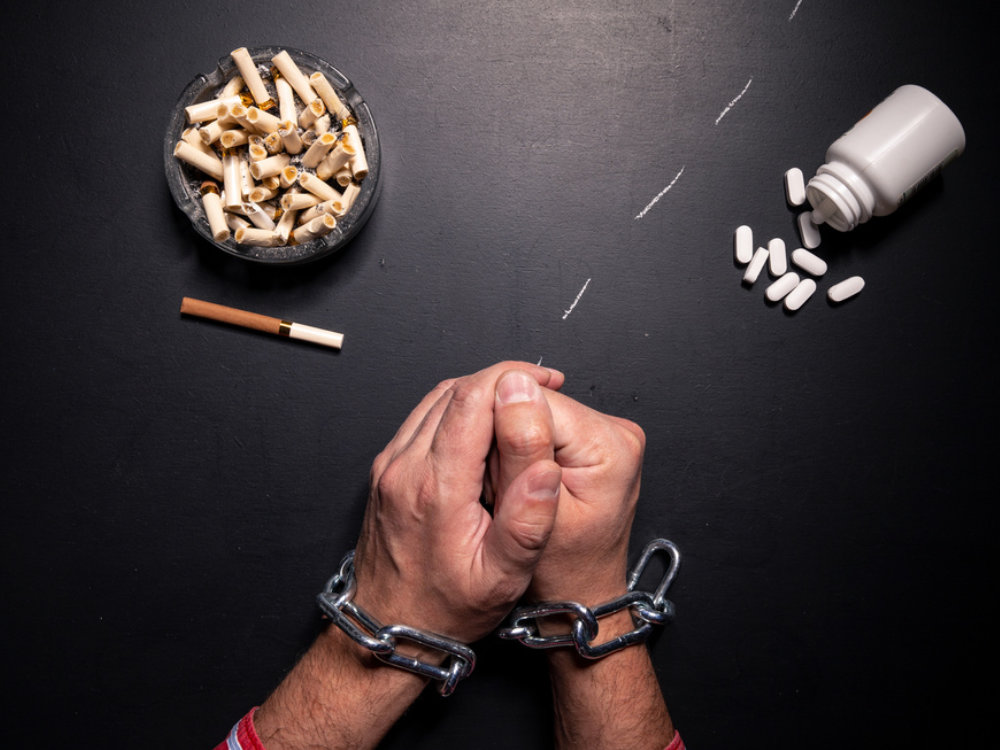Addiction remains one of the most misunderstood challenges in our society. For too long, it has been treated as a personal weakness or moral failure rather than what it truly is — a complex condition that affects the mind, body, and spirit. In South Africa, where communities face growing social and economic pressures, it is vital that we begin to speak more openly about addiction, its underlying causes, and how recovery is truly possible.
Understanding Addiction Beyond the Surface
Addiction is not simply about the repeated use of a substance or engagement in a behaviour. It is often a symptom of deeper emotional or psychological distress. Whether it involves alcohol, drugs, gambling, or other compulsive behaviours, addiction frequently develops as a way to cope with pain, trauma, or feelings of emptiness. Over time, what may begin as a means of escape becomes a cycle of dependency that is difficult to break without help.
The science of addiction shows that it is a chronic condition that alters the brain’s reward system. Substances and certain behaviours release dopamine — a chemical associated with pleasure and motivation. As this cycle continues, the brain becomes dependent on those highs, gradually weakening the person’s ability to experience joy or motivation naturally. This is why simply telling someone to “stop” is rarely effective. Recovery requires compassion, structure, and professional support.
The Root Causes of Addiction
There is no single cause of addiction. Instead, it arises from a combination of biological, psychological, and social factors. Understanding these root causes helps us move away from judgement and towards empathy.
1. Emotional and Psychological Pain
Many individuals who struggle with addiction have experienced trauma, loss, or prolonged stress. These unresolved emotions can create a need to numb or escape, and substances or addictive behaviours often provide temporary relief. Unfortunately, this relief is short-lived and leads to deeper suffering.
2. Social and Environmental Influences
In South Africa, addiction is often linked to social inequality, unemployment, and limited access to mental health services. Environments where alcohol or drugs are easily available — combined with a lack of recreational or emotional outlets — can make individuals more vulnerable. Peer pressure and cultural norms that promote heavy drinking also play a role in normalising addictive behaviour.
3. Genetic and Biological Factors
Research has shown that genetics can influence how a person’s body and brain respond to certain substances. Some individuals may have a higher risk of developing addiction due to inherited traits that affect impulse control or stress response. However, having a genetic predisposition does not guarantee addiction — it simply increases vulnerability when combined with environmental stressors.
4. Mental Health Disorders
There is a strong connection between addiction and mental health conditions such as depression, anxiety, and post-traumatic stress disorder (PTSD). Many people use substances as a way to manage or mask their symptoms. This is known as “self-medicating.” Without proper diagnosis and treatment, the underlying mental health condition continues to fuel the addiction cycle.
Breaking the Silence
One of the greatest barriers to recovery is stigma. Society often labels people living with addiction as irresponsible or weak, which prevents many from seeking the help they need. Breaking the silence means shifting our perspective — recognising addiction as a health issue that requires understanding and professional treatment.
Communities can play a crucial role in this change. By creating safe spaces for open discussion, offering education on mental health, and promoting compassion, we can begin to dismantle the shame surrounding addiction. Family and friends also need support and guidance, as addiction affects not only the individual but everyone connected to them.
The Path to Healing
Recovery is not just about abstaining from substances or behaviours — it is about rebuilding a meaningful life. Effective rehabilitation focuses on the whole person, addressing physical health, emotional healing, and psychological growth. At MeziTouch Rehab, individuals are guided through a holistic process that combines counselling, therapy, life skills training, and aftercare support.
Healing requires time, patience, and a supportive environment. It also involves learning to face and process emotions rather than avoiding them. As people rediscover their self-worth and learn healthy coping strategies, they begin to reclaim control over their lives.
Moving Forward
Addiction thrives in silence, but recovery begins with conversation. By speaking openly and compassionately about addiction, we can break the stigma and encourage more people to reach out for help. Every story of recovery reminds us that change is possible, and every act of understanding brings us closer to a healthier, more connected society.
Centres like MeziTouch Rehab continue to play a vital role in offering professional guidance, empathy, and hope to those who need it most. By breaking the silence and seeking support, individuals can take their first step towards lasting recovery and a renewed sense of purpose.






